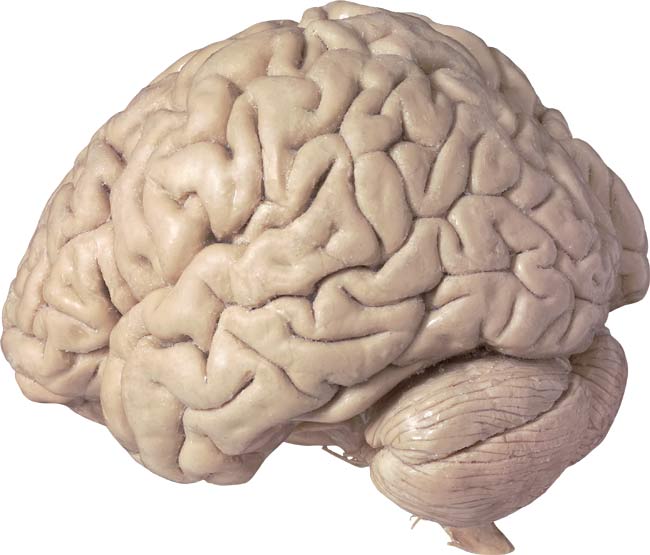Blind People Have Superior Memory Skills

Get the world’s most fascinating discoveries delivered straight to your inbox.
You are now subscribed
Your newsletter sign-up was successful
Want to add more newsletters?

Delivered Daily
Daily Newsletter
Sign up for the latest discoveries, groundbreaking research and fascinating breakthroughs that impact you and the wider world direct to your inbox.

Once a week
Life's Little Mysteries
Feed your curiosity with an exclusive mystery every week, solved with science and delivered direct to your inbox before it's seen anywhere else.

Once a week
How It Works
Sign up to our free science & technology newsletter for your weekly fix of fascinating articles, quick quizzes, amazing images, and more

Delivered daily
Space.com Newsletter
Breaking space news, the latest updates on rocket launches, skywatching events and more!

Once a month
Watch This Space
Sign up to our monthly entertainment newsletter to keep up with all our coverage of the latest sci-fi and space movies, tv shows, games and books.

Once a week
Night Sky This Week
Discover this week's must-see night sky events, moon phases, and stunning astrophotos. Sign up for our skywatching newsletter and explore the universe with us!
Join the club
Get full access to premium articles, exclusive features and a growing list of member rewards.
Blind people are whizzes at remembering things in the right order, scientists now find.
In the absence of vision, the world is experienced as sequences, explained neurobiologist Ehud Zohary of Hebrew University in Jerusalem. For instance, to identify otherwise indistinguishable objects, such as different brands of yogurt that vary only in their labeling, the blind typically place objects in arrangements of their own making and give mental tags for each of them, such as “the second item on the left.”
Zohary and his colleagues reasoned that since the blind constantly use memory strategies to remember things are, that “practice makes perfect,” giving the blind superior memory skills for other tasks.
The scientists tested 19 congenitally blind and 19 sighted people in two memory tasks. In the first, the volunteers heard a list of 20 words and had to recall them. In the second, they had to remember not just the words, but their order in the list as well.
Blind volunteers recalled 20 to 35 percent more words than sighted ones did, indicating a better memory overall. Their greatest advantage, however, was the ability to remember roughly twice as many more words in sequences according to the right order, findings detailed online June 21 in the journal Current Biology.
“Normally 20 to 30 percent of the brain is basically devoted to vision. With the congenitally blind, you have this brain area, the visual cortex, not getting its natural input,” Zohary told LiveScience. “We had shown that congenitally blind people appeared to be using the visual cortex for other needs, and now we may be seeing part of how this area is getting used for other functions, to maybe be more involved in memory and language processes.”
- Top 10 Mysteries of the Mind
- Machine Offers Sight to Some Blind People
- Moving Your Eyes Improves Memory, Study Suggests
Get the world’s most fascinating discoveries delivered straight to your inbox.

 Live Science Plus
Live Science Plus










